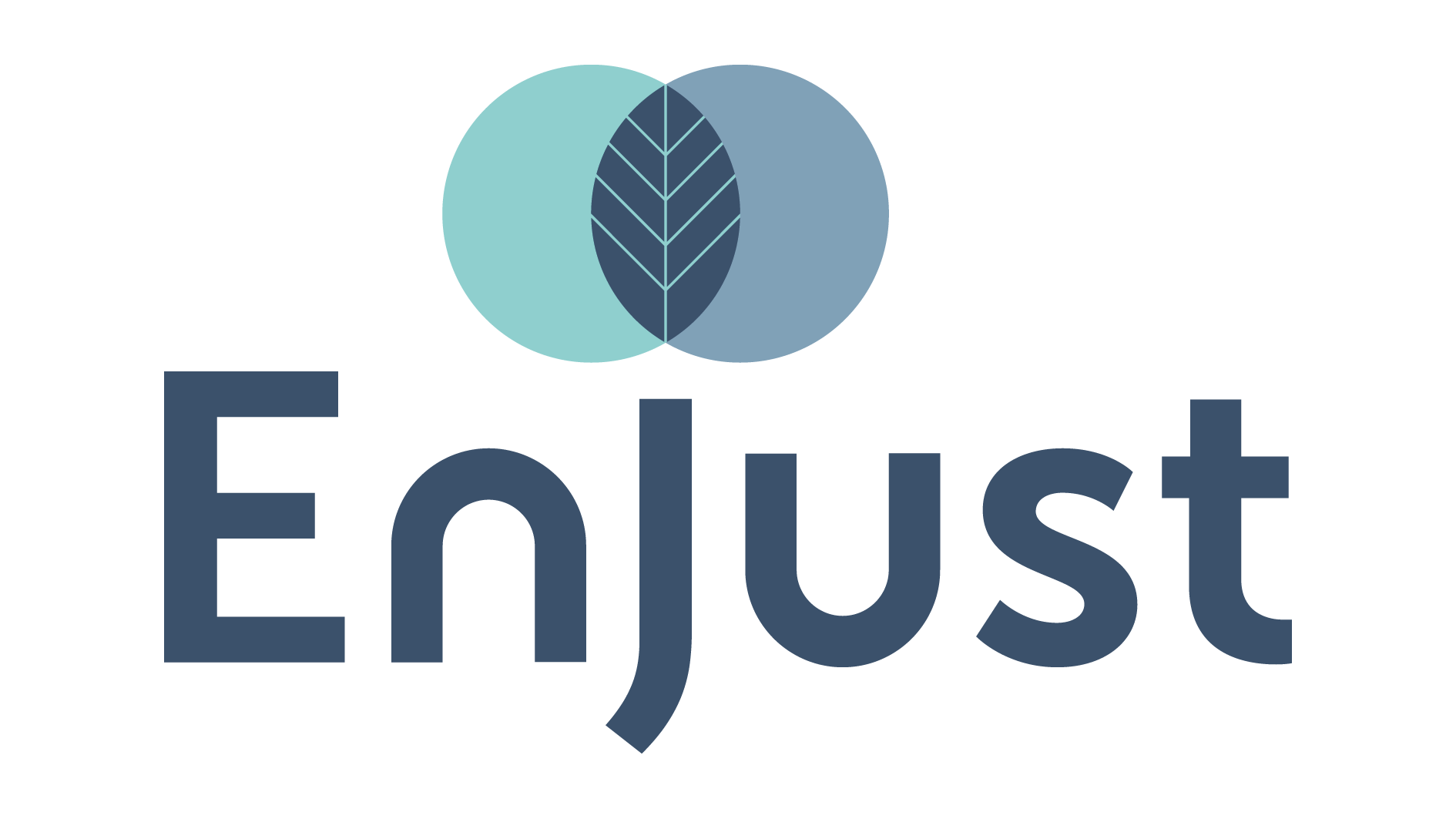
International Workshop 2022 on Environmental Justice
„Institutionalizing environmental justice in policy, laws and private-sector organizations“
Bern, Switzerland
7-9 September 2022
Jointly organized by:
University of Bern, Centre for Development and Environment (CDE) and Institute of Geography University of Osnabrück, Institute of Social Science
Workshop email: enjust.cde[at]unibe.ch
Access the full workshop report here.
Main objective and format
This workshop will bring together around 40 members of the EnJust Network as well as interested professionals to advance shared understanding and to allow in-depth discussion of current advances in pathways to environmental justice as well as persistent challenges of environmental injustices. The format will involve input presentations and interactive debate in an informal, collegial atmosphere. The workshop shall take place in physical presence in Bern. Only if the pandemic situation in September 2022 would demand it, we shall move it to online space.
Thematic focus of this workshop: Institutionalizing environmental justice in policy, laws and private-sector organizations
This workshop will focus on the theme “Institutionalizing environmental justice in policy, laws and private-sector organizations”. Much previous research and activism for environmental justice (EJ) has focused on conflicts surrounding environmental (in)justice at the local scale. With this workshop we aim to advance current debates by discussing environmental justice issues in the context of global trade relations and supply chains and in transnational contexts (e.g. transnationalization of regulation, of advocacy networks, of the state). As our global political economy and corporate concentration have contributed to or exacerbated environmental justice concerns in numerous places, often located in the Global South, it is important to increasingly discuss such transnational constellations. An important focus at this workshop to discuss how new public policies or private initiatives to regulate or govern global supply chains could be designed and implemented in a way that fosters EJ. Furthermore, it is important to contextualize transnational rules to gain a better understanding of how they intersect with and are shaped by domestic politics, as such interactions have implications for EJ outcomes.
In this workshop we aim to go beyond critical conceptual and empirical analyses of the status quo by shedding light on the question of how environmental justice is or could be institutionalized in policy, laws and private-sector governance. We shall discuss different paths for transformation. We understand the ‘institutionalization of environmental justice’ as the establishment and implementation of rules for distributive, procedural and recognitional justice in accessing, using and protecting the environment.
Four guiding questions
- How can European policies and laws targeting global trade and supply chains integrate environmental justice in their design and implementation? What are the cutting-edge best practices in producing and consuming countries participating in global supply chains that properly integrate EJ in the rule of law and policy?
- How do regulatory frameworks and domestic politics in producing countries of global value chains intersect with transnational governance approaches, thereby influencing environmental justice outcomes? What is the role of grassroots initiatives and supply chain actors in such dynamics?
- How can environmental justice be institutionalized in certification schemes, community-based organizations or other private governance arrangements? How do these initiatives open up negotiation spaces? What are the pre-conditions and limitations of private and hybrid governance for environmental justice?
- What are the most promising shifts in concepts and theories on EJ in transnational contexts (e.g. global trade and supply chains, transnationalization of regulation, of advocacy networks, of the state), beyond a conflict-centric lens of environmental justice?
Specific objectives
- Share most recent results and generate common understanding and increased precision about current problems and, more importantly, effective approaches and strategies for environmental justice around the four guiding questions.
- Discuss current conceptual and methodological challenges and good practices in the research and practice of environmental justice.
- Discuss future forms of collaboration.
Workshop hosts: University of Bern and University of Osnabrück
Christoph Oberlack
Almut Schilling-Vacaflor
Samuel Brülisauer
Jimena Solar
Sarah Steinegger
Gesabel Villar
EnJust Network Office
Jenny Bischoff, EnJust Kiel
With the generous support of the EnJust Core Team
Workshop email: enjust.cde[at]unibe.ch

